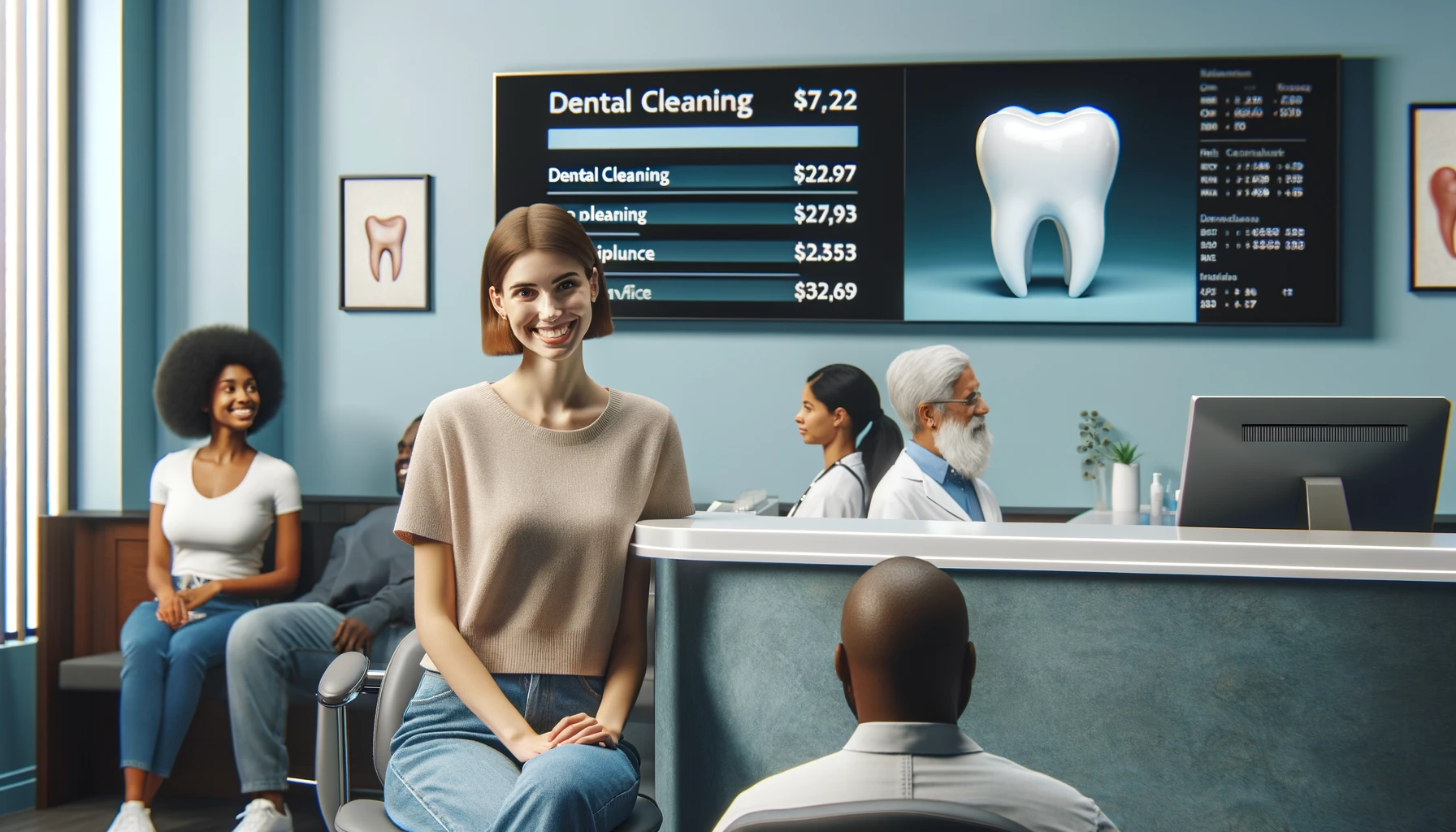Dental hygienists are integral to the dental healthcare system, providing essential services that promote oral health and hygiene. As the demand for dental care continues to grow, understanding the earning potential of dental hygienists becomes increasingly important for those considering this career path. This article delves into various aspects of dental hygienist salaries, including average pay, factors influencing earnings, job outlook, and strategies for maximizing income.
Overview of Dental Hygiene as a Profession
Dental hygienists are licensed professionals who specialize in preventive oral health care. Their responsibilities typically include:
- Performing teeth cleanings and scaling
- Applying sealants and fluoride treatments
- Taking dental X-rays
- Educating patients on oral hygiene practices
- Assessing patients’ oral health and identifying potential issues
The role of dental hygienists is crucial in preventing dental diseases and maintaining overall oral health, making their expertise highly valued in the healthcare sector.
Average Salary of Dental Hygienists
According to the U.S. Bureau of Labor Statistics (BLS), the median annual wage for dental hygienists was approximately $87,530 as of May 2023. Projections for 2025 suggest that this figure may rise to around $92,707, reflecting an upward trend in salaries within the profession.
The salary range for dental hygienists varies significantly based on several factors, including experience, location, and employment settings. Here is a breakdown of average salaries by state in 2025:
| State | Annual Mean Wage | Hourly Mean Wage |
|---|---|---|
| Alabama | $51,130 | $24.58 |
| Alaska | $115,510 | $55.53 |
| California | $108,200 | $52.02 |
| New York | $83,600 | $40.19 |
| Texas | $75,970 | $36.53 |
| Washington | $106,200 | $51.06 |
These figures illustrate that salaries can vary widely across different states and regions.
Factors Influencing Dental Hygienist Salaries
Several key factors influence how much dental hygienists earn:
1. Experience Level
Experience plays a significant role in determining salary levels. As dental hygienists gain more experience, their earning potential typically increases. Here’s a general overview of how experience affects pay:
- Entry-Level (Less than 1 year): Approximately $64,820
- Early Career (1-4 years): Approximately $73,527
- Mid-Career (5-9 years): Approximately $83,091
- Experienced (10-19 years): Approximately $93,038
- Late Career (20+ years): Approximately $102,095
2. Geographic Location
Location is one of the most significant determinants of salary for dental hygienists. States with higher living costs often offer higher wages to compensate for these expenses. For instance:
- Alaska and California consistently rank among the highest-paying states for dental hygienists.
- Urban areas typically offer higher salaries compared to rural settings due to increased demand and cost of living.
3. Employment Setting
The type of practice or organization where a dental hygienist works can also impact salary:
- Dental hygienists employed in private practices may earn more than those working in public health clinics or educational institutions.
- Larger dental service organizations often provide competitive salaries and benefits.
4. Specialization and Education
While an associate degree is the minimum requirement to practice as a dental hygienist, pursuing advanced degrees or certifications can lead to higher-paying positions. Specializations such as periodontics or pediatric dentistry can enhance job prospects and earning potential.
Job Outlook for Dental Hygienists
The job outlook for dental hygienists remains strong, with employment projected to grow by approximately 9% from 2023 to 2033 according to BLS estimates. This growth is driven by several factors:
- An aging population requiring more dental care
- Increased awareness of oral health’s importance
- Expanding roles for dental hygienists in various settings
The anticipated demand will result in about 19,600 new job openings each year over the next decade.
Maximizing Earnings as a Dental Hygienist
For those looking to increase their income as a dental hygienist, several strategies can be effective:
1. Pursue Continuing Education
Engaging in continuing education programs can enhance skills and open doors to specialized roles that often come with higher pay.
2. Seek Employment in High-Paying States or Cities
Consider relocating to states or metropolitan areas known for higher wages for dental hygienists. For example:
| Metropolitan Area | Hourly Mean Wage | Annual Mean Wage |
|---|---|---|
| Santa Maria-Santa Barbara, CA | $60.46 | $125,750 |
| San Jose-Sunnyvale-Santa Clara, CA | $58.97 | $122,660 |
| Anchorage, AK | $55.90 | $116,270 |
3. Negotiate Salary and Benefits
When starting a new position or during performance reviews, don’t hesitate to negotiate your salary based on market research and your qualifications.
4. Explore Side Opportunities
Many dental hygienists supplement their income through side jobs such as teaching courses or providing freelance consulting services related to oral health.
Benefits Beyond Salary
In addition to competitive salaries, many employers offer benefits that enhance overall compensation packages:
- Health insurance
- Retirement plans
- Paid time off
- Continuing education support
These benefits contribute significantly to long-term financial well-being.
Conclusion
A career as a dental hygienist offers not only a stable income but also opportunities for growth and advancement within the field of healthcare. With an average salary projected around $92,707 by 2025 and strong job growth anticipated over the next decade, this profession remains an attractive option for individuals passionate about promoting oral health.
By understanding the factors that influence earnings and actively seeking opportunities for professional development and negotiation, dental hygienists can maximize their income while making meaningful contributions to their patients’ health. Whether through specializing in certain areas or exploring diverse employment settings, there are numerous pathways available for those looking to thrive in this rewarding career field.
In summary, the financial prospects for dental hygienists are promising as they continue to play an essential role in healthcare delivery while enjoying competitive salaries and benefits that reflect their critical contributions to society’s overall well-being.














